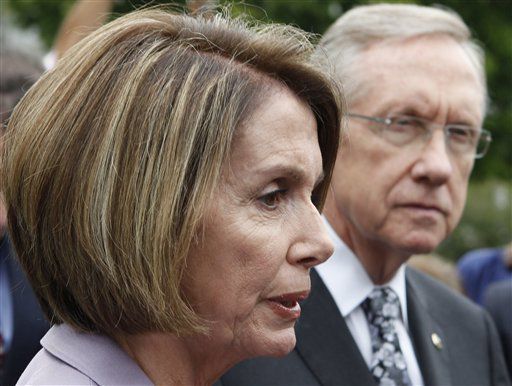Colorado’s growing regulatory labyrinth | Denver Gazette
The Common Sense Institute’s laudable effort to track and gauge the rising regulatory burden created by our state’s policymakers continues to yield sobering findings. Last week, the institute released its latest update on that effort; the implications once again suggest our hyperactive Legislature and bureaucracy ought to ease up for the good of our economy.
Among the findings of a report Common Sense had released on the subject in 2023 was that a host of mandates imposed on the private sector through legislation and ballot proposals was costing our state’s economy about $2 billion a year.
Stay up to speed: Sign up for daily opinion in your inbox Monday-Friday
To arrive at that figure, the study looked at 22 labor and employment regulations as well as environmental and energy regulations that had been enacted. The study’s author was attorney Lang Sias, a Common Sense Institute fellow and Republican former state lawmaker who was a noted policy maven in the Legislature.
In the new update, Sias and the institute eye 24 bills introduced in the 2024. Sias hasn’t arrived at hard numbers yet for the bills’ likely toll on the economy; at least one of the bills, which essentially would have ended oil and gas exploration in Colorado, since has been derailed.
But the trajectory of the latest round of new regulations pending in our Legislature is troubling.
“The outlook for 2024 is not getting better,” Sias noted in a statement released with the update. “These new measures will drive the $2 billion figure even higher, and very few, if any, of (the bills) appear to have undergone any serious cost-benefit analysis.
“The aggregate impact of these new regulations will increase Colorado’s regulatory burden,” he said. “While some of these regulations may offer benefits, they do increase the price of doing business in Colorado and, in turn, make our state less and less affordable.”
The updated report elaborates on that point — and should serve as a stern lesson in Economics 101 for the Democrats who control both chambers of the Legislature.
“Like inflation, regulatory costs are cumulative. Unless they sunset, are repealed or otherwise go away, they aggregate from year to year,” the study points out.
“Accordingly, the regulatory costs being contemplated in 2024 will augment the costs identified in CSI’s 2023 reports. Policymakers should consider how these cumulative costs will impact Colorado’s evolving competitive position nationally.”
Indeed, with blinders on, lawmakers in 2024 are seeking to impose sweeping mandates on key economic sectors such as housing, energy and health care. Landlord-tenant legislation “will likely shift some costs to landlords, which ultimately puts pressure on rents,” the updated study concludes.
Pending energy legislation, the study finds, poses, “the potential to dramatically undercut the oil & gas industry in Colorado, with cascading impacts on the state’s economy, tax base, schools, and middle-class workers.
“The singular focus on one policy objective, to the exclusion of all others, can have highly negative second and third order consequences for society …” the study observes.
“Accordingly, with few exceptions, the bills listed in this report will add substantial costs to businesses — costs which will of course cascade to consumers — without a clear understanding of what those costs will be, or whether they are reasonable given the societal benefits of the legislation.”
The upshot, as we observed upon the release of last year’s data, is there’s no such thing as free lunch. If only more lawmakers could grasp that fact of life.
Read the full, updated report: https://commonsenseinstituteco.org/monitoring-colorados-growing-regulatory-burden/
Denver Gazette Editorial Board











